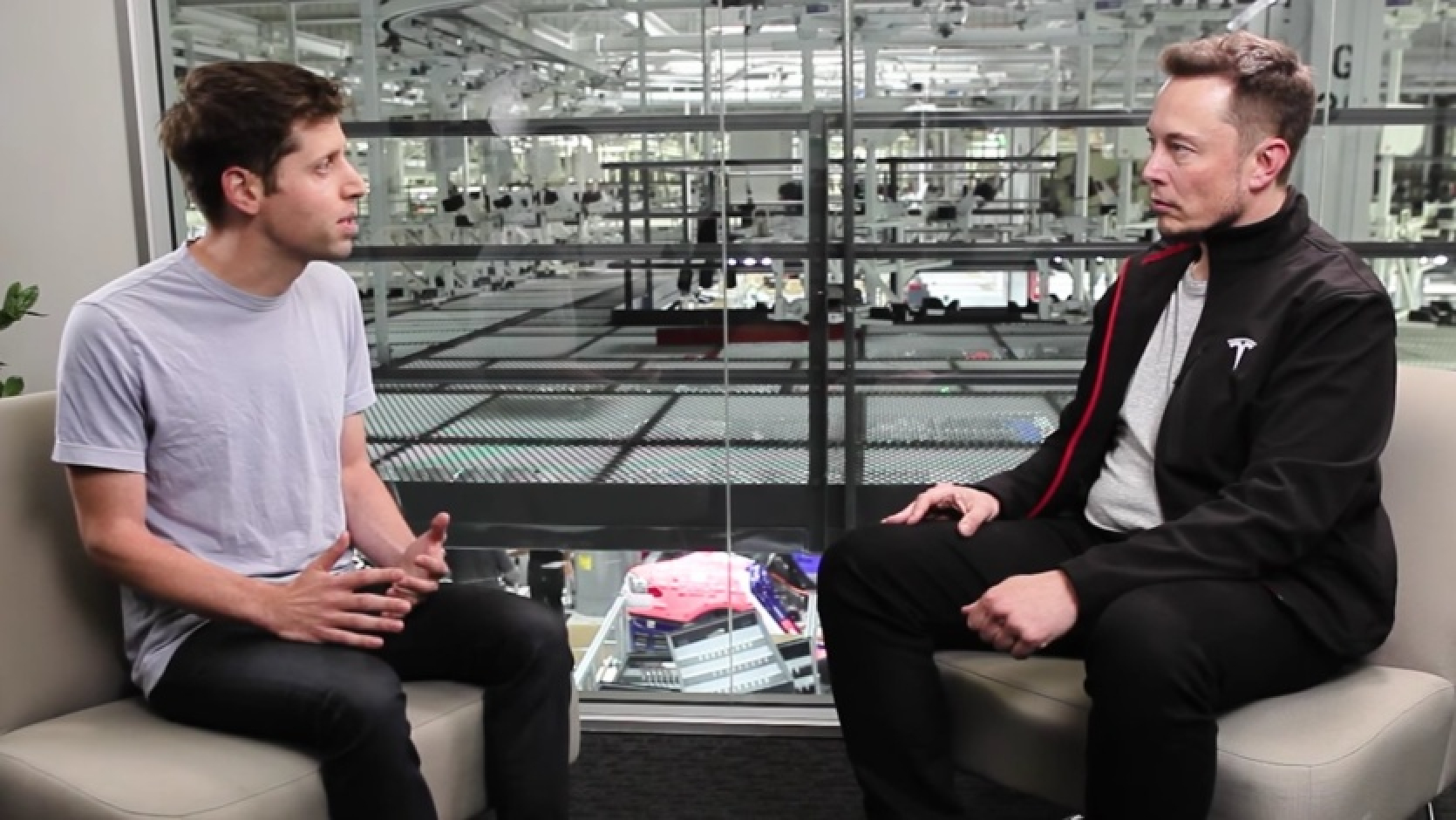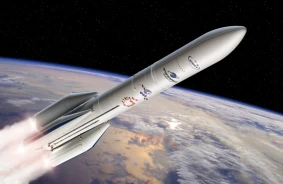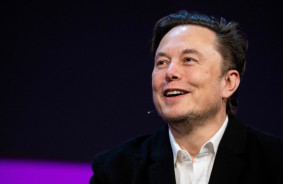The developer of ChatGPT has rejected the claims of the billionaire outlined in the lawsuit last week. Musk claimed that OpenAI allegedly focused on making money and forgot about its primary goal of developing "artificial intelligence for the benefit of humanity."
OpenAI responded to Elon Musk's lawsuit, stating that at one point he wanted to gain "absolute control" over the company by merging it with Tesla.
"When we discussed the commercial structure, Elon wanted us to merge with Tesla so that he could gain absolute control, including a 'majority stake, initial control of the board of directors, and the position of CEO,'" it says in a note from OpenAI's co-founders Greg Brockman, Ilya Sutskever, John Schulman, Sam Altman, and Wojciech Zaremba. "We could not agree on a commercial deal with Elon, as we believed that anyone who would gain absolute control over OpenAI would act against our mission."
In his lawsuit, Musk claimed that OpenAI had effectively become "a Microsoft subsidiary with closed-source code," focusing on making money rather than benefiting humanity. He added that the startup had abandoned its initial non-profit mission, which he helped finance, which is a breach of contract.
Despite Musk's complaint mentioning a "founding agreement," it has not been officially disclosed, and OpenAI's publication does not directly address the issue of its existence.
OpenAI also defends its decision not to release the code for its creation:
"Elon understood that the mission does not involve using open-source AGI (general artificial intelligence)," the note says.
The company published an email correspondence from January 2016, in which Sutskever wrote, "If we get close to creating artificial intelligence, it would be right to become less open," and that "it is quite normal not to share research," to which Musk gave an affirmative response.
In Musk's lawsuit, there are other strange accusations, such as GPT-4 being "de facto Microsoft's proprietary algorithm," representing general artificial intelligence. OpenAI also rejected these claims in a separate letter to employees.
OpenAI was founded in 2015 and at the time announced it had $1 billion in financing. Judging by the published old letters, it was Musk himself who proposed such a figure, although he provided the company with less than $45 million.
"We need to use a much larger figure than $100 million, to not seem hopeless... I think we should say that we are starting with funding of $1 billion... I will cover everything that other investors do not."
Musk's further withdrawal and failure to provide the promised funding became problematic for OpenAI - as the development of large-scale artificial intelligence models, such as the image generator DALL-E and the GPT series, required a lot of resources. Ultimately, in 2019, the startup announced the creation of a new commercial organization for research funding and began working with Microsoft, which provided billions of dollars in financing and resources, while securing exclusive licenses to use OpenAI technologies in its own products.














Comments (0)
There are no comments for now